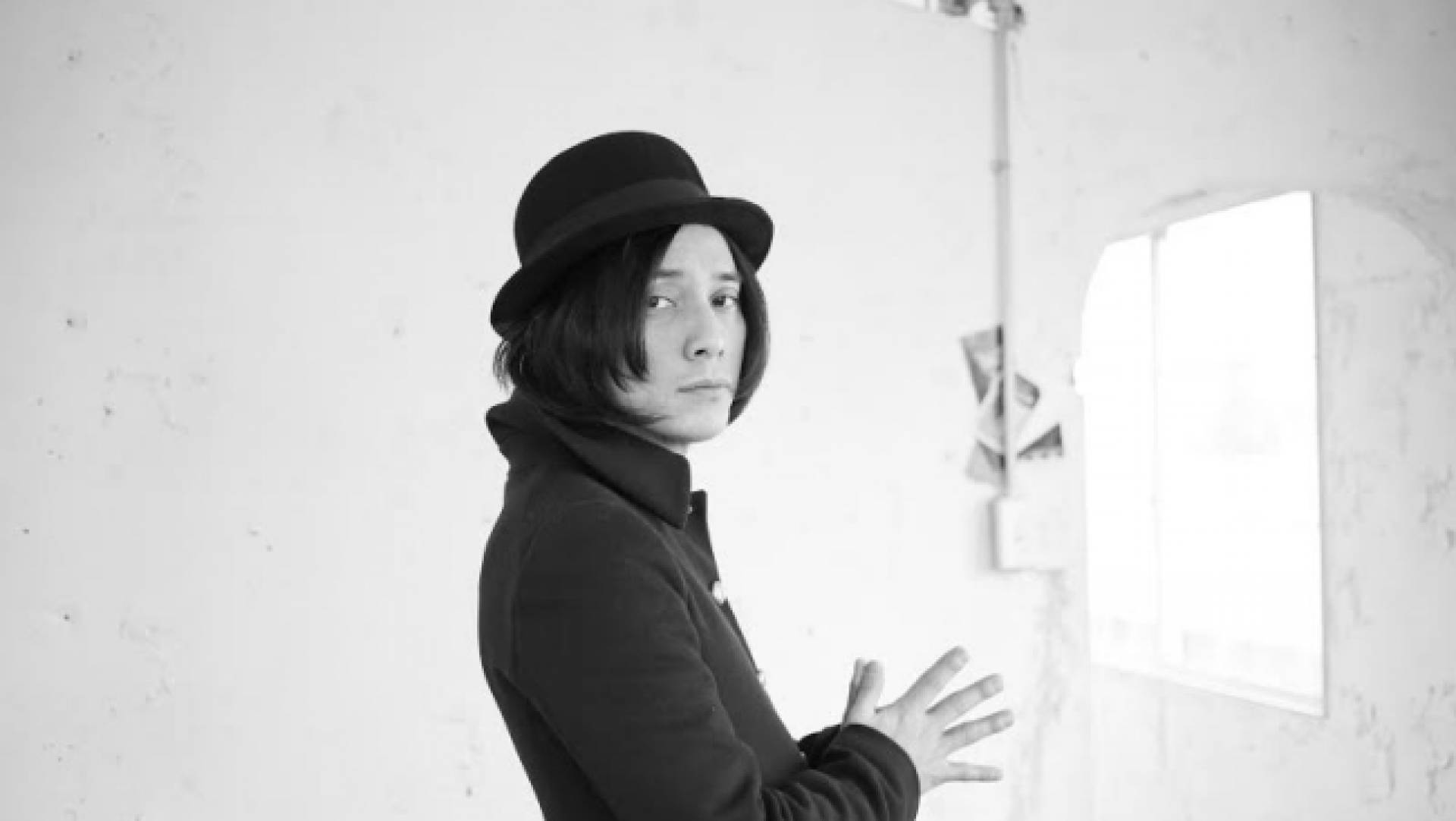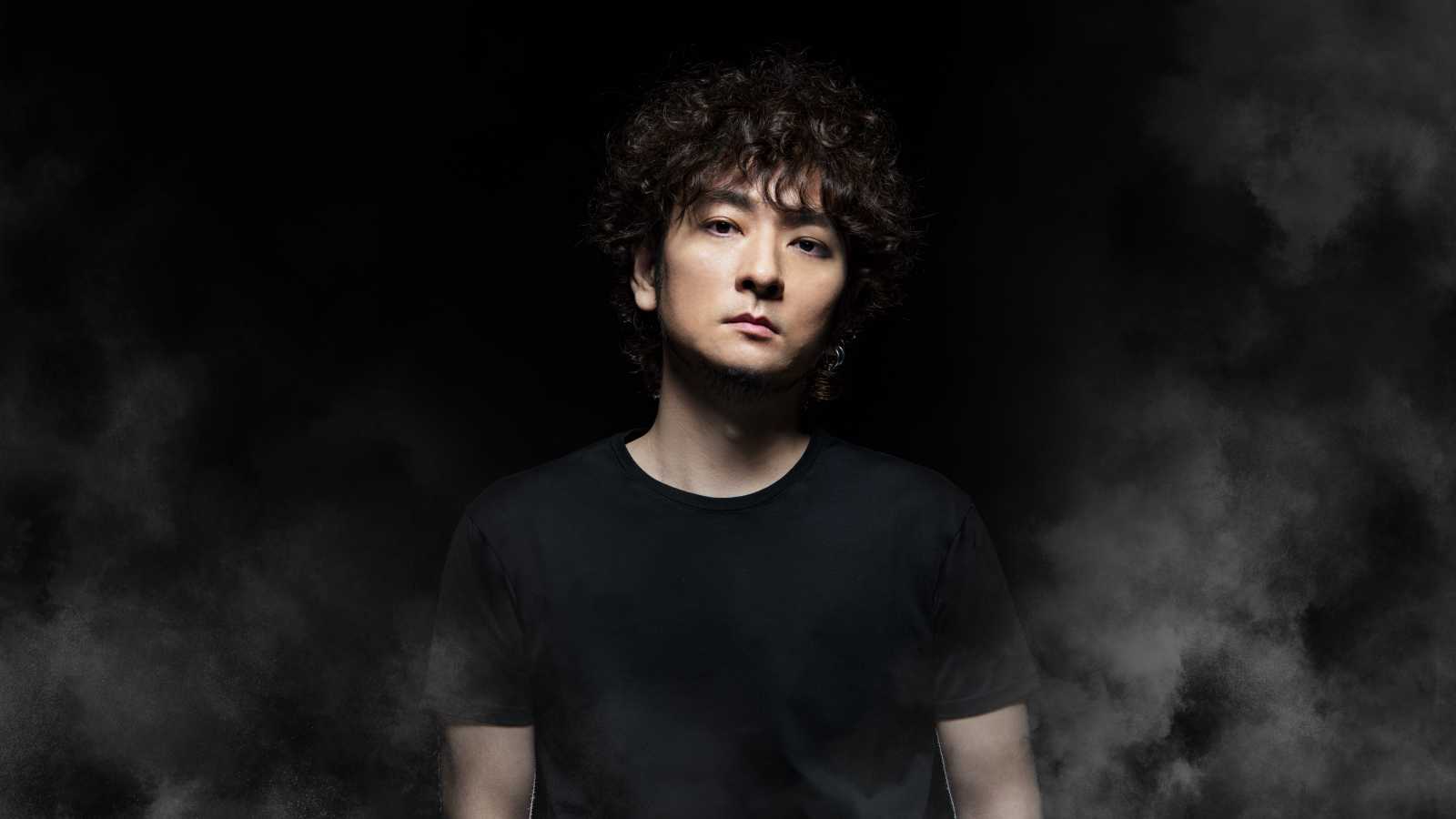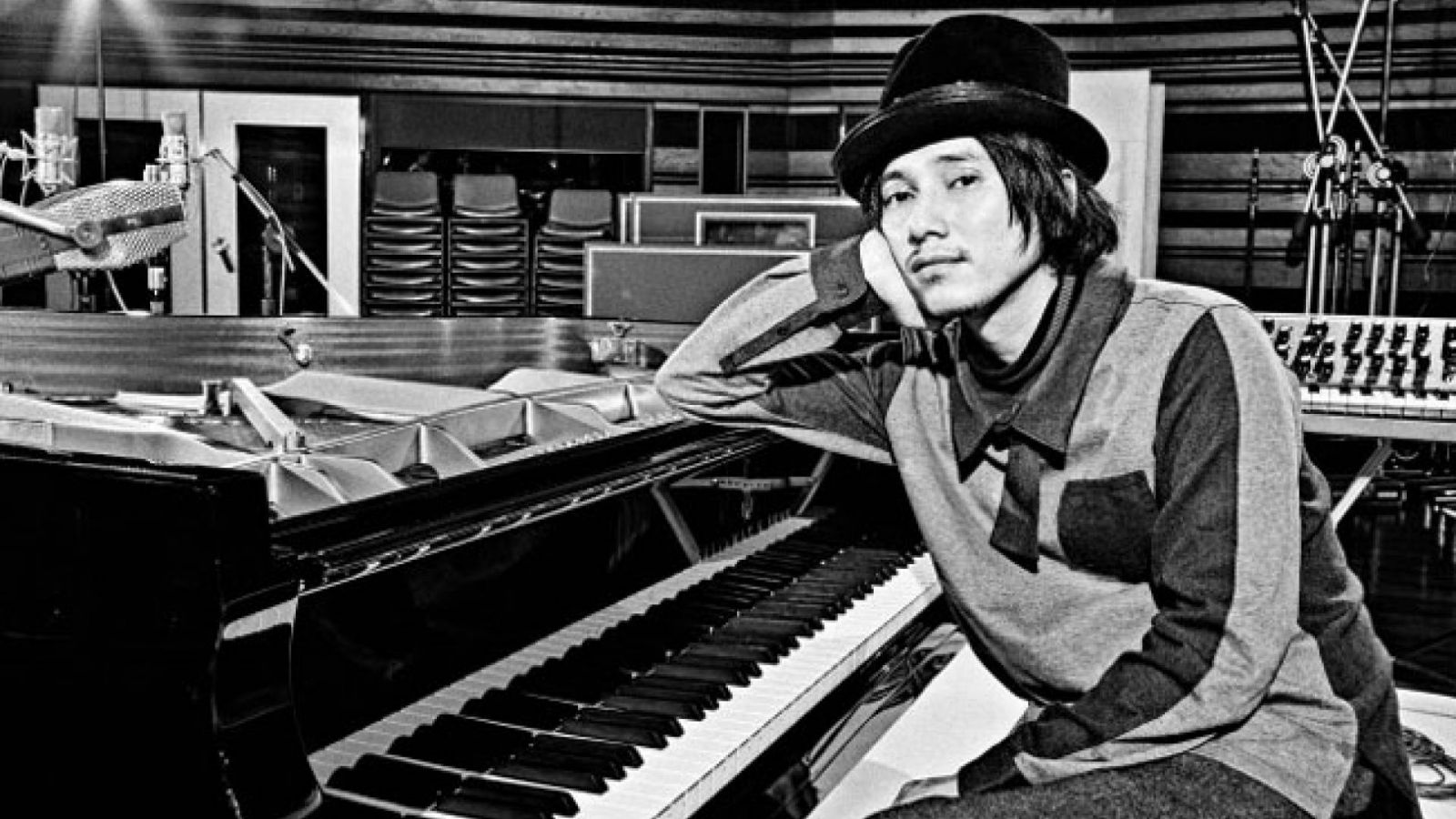Pianist
Shunsuke Watanabe has a lot of expectations to live up to. Though he's not quite a household name, he's worked as a support keyboardist for artists such as
PUFFY,
BONNIE PINK, and
Kou Shibasaki—so it’s assumed that he’ll know exactly what he's doing in his own projects. If
Synesthesia, the new, full-length effort from his jazz trio
Schroeder-Headz is anything to go by, he has most definitely mastered his craft.
Schroeder-Headz is made up of three essential parts: drums, bass, and piano, all filtered through a firm electronic medium. Named after the piano-playing little boy from Charles Schultz's “Peanuts” cartoons, this three-part collective aims to present sonic imagery as envisioned in the mind of a musical young man familiar with a variety of genres. It should also be noted that
Watanabe and his group wish to pay respect to the late
Vince Guaraldi, composer for many of the animated “Peanuts” adaptations.
So what, then, could this possibly sound like? A “Peanuts”-influenced jazz collective that dips into electronica and classical is not exactly run-of-the-mill. Despite the odd description, however, the combination works very well. The intro,
Memento Mori, sets the mood by way of airy, electronic notes punctuated with brief, twinkling piano.
Blue Bird continues in the same vein, but kicks up the energy a few notches with a smoother, more driven piano taking the lead.
After the first two tracks,
3 on 3 is something of a surprise, introducing the other, livelier face of the album. A strong, synthesized beat coupled with an upbeat piano line makes the track almost equal parts jazz and electronica.
Follow Me brings back a softer, more classical touch, but the deeper notes from the piano leave a forceful impression.
Tokyo Tribal Sacrifice offers a formidable layer of traditional jazz imposed over a miniscule electronic base, and gives off a slightly darker feeling than the rest of the album.
Just about the only misstep on the album occurs in
Far Eastern Tale, a peppy,
Guaraldi-style electronic jazz effort. Though minimally intrusive, children's voices are a hard sell for many listeners, and their muted-yet-shrill chanting on this track can be a bit off-putting.
Petal, however, pulls the album back to full form with its soothing piano and bare-minimum electronic flourishes. The next track,
Midnight Sun, plods through a soft intro before swiftly building to a free-for-all jazz climax that really lets the drums and piano shine.
Wildthing's Arm makes the most of the group's classical influences, leading the listener through a string-heavy track with surprisingly haunting end. Rounding off the album is the quirkily-titled
The Award for The Most Stupid Question. It's here that the “Peanuts” influence is at its strongest, hopping along jauntily in a way that'd surely make
Guaraldi proud.
Somehow,
Watanabe and his group have managed to pull something intensely listenable from places most would find incompatible. From the flighty, classically-influenced
Blue Bird to the distinctly "Peanut"-flavored
The Award for The Most Stupid Question,
Schroeder-Headz has combined a variety of great tastes that, by chance, taste great together. Though not a high-intensity album by any means,
Synesthesia will play well to listeners looking to relax in a slightly different way than they're used to. The album's title refers to a condition in which the body's senses are misaligned, enabling one to interpret things like sound and color through entirely different senses. True to its title,
Synesthesia is a medley of colors, tastes, and feelings presented exclusively through sound. If this is the precedent, then
Schroeder-Headz definitely have an exciting, jazzy future ahead of them.

![HYDE [INSIDE] LIVE 2024 -EXTRA- at Makuhari Messe](https://www.jame-world.com/media/image/2024-11/_16-9_14951.jpg)



